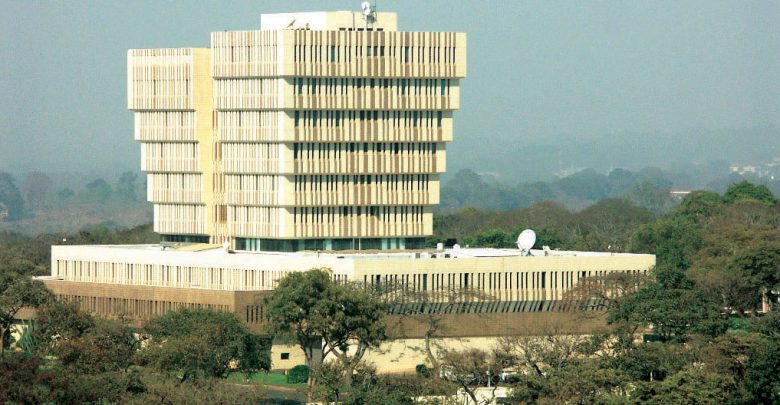An Agricultural Research Scientist Harold Katondo has recommended for adoption of biotechnology banana varieties in an effort to revamp production of the crop for both commercial and domestic use. In an interview with Face of Malawi online publication Harold Katondo who is based at Bvumbwe Agricultural Research Station said a genetically modified banana crop could positively boost the country’s social and economic growth.
This comes at a time banana production is declining in the country, due to pests and disease outbreaks as well as poor agronomic practices. The country is eventually losing out on foreign currency due to an influx of bananas being imported from neighboring countries such as Mozambique and Tanzania.
Noel Babatse aged 35, and Patricia Joseph aged 27, banana farmers of William village in the area of Traditional Authority Bvumbwe in Thyolo district in an interview said that in the year 2010 they two experienced what they call the worst experience in their profession.
Their 3 acre fields of banana trees were wiped out by the Banana Bunchy Top Disease – BBTD, shuttering their longtime dream of having an economic breakthrough through farming. The youthful growers further said that they had no other option than starting over again.
They recall how they struggled to depart from local banana varieties and adopt use of biotechnology on recommendation of agriculture experts who had to provide timely support to them. After years of hard work Noel, and Patricia Joseph said that they are now back on the right path.
“Now, I’m able to support my family using money l get after selling banana at a local market,” Patricia Joseph said.
One thing which is common in cases of these two farmers is their ability to adopt use of genetically modified banana crop as they are now enjoying three harvests from each banana crop per year. First reported in Malawi in the year 1997, Banana Bunchy Top Disease, has over the years been a thorn in the flesh to thousands of farmers, in the Southern region.
In Thyolo district alone, 41,000 banana covered hectares were wiped out by Banana Bunchy Top Virus between years 2009 and 2010.
The major strategy used to deal with BBTD is surely an issue of concern. Perhaps a threat to the whole career as it requires uprooting and burning all banana crops for total replacement. The slowdown in banana production which the country experienced for close to twenty years was felt on the national level.
Importation of bananas from countries such as the neighboring Tanzania, pushed up the cost of the fruit which was locally available on the local market.
An Agricultural Research Scientist at Bvumbe Agricultural Research Station, Harold Katondo, in an interview said that due to the banana crop’s social – economic importance, there has been growing demand for improved planting material of banana in Malawi.
He notes that challenges affecting local varieties such as their susceptibility to adverse environmental conditions, pests and diseases need to be dealt with apart from efforts required in improvement of nutritional quality of most of the banana varieties.
In this regard, Katondo agrees that development of biotic tolerant banana varieties and enhancement of commercial value through biotechnological interventions is crucial for the country to achieve its economic growth through production of this crop.
“Suckers that are produced from the biotechnology methods are disease free and above all, enable farmers to have increased yields,”Katondo said.
On his part, National Commission for Science and Technology -NCST Chief Research Services Officer, Layson Kampira, said use of biotechnology methods of farming has the potential to eradicate poverty and hunger as well as enhancing Malawi’s economic growth in line with the country’s vision 2063 agenda.




